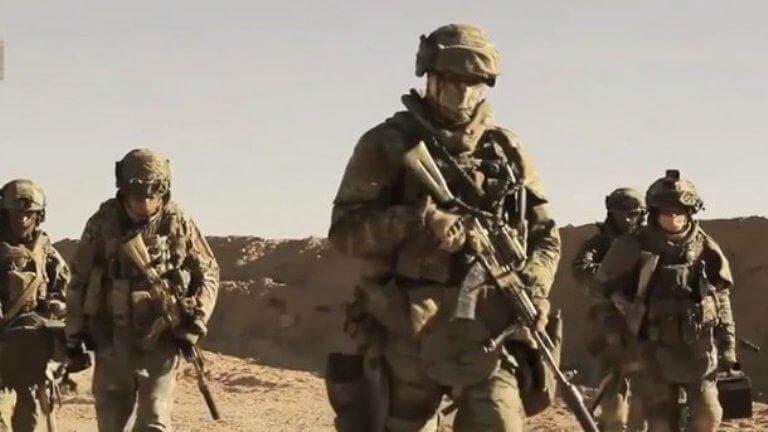Private contractors belonging to the Wagner Group in Libya had suffered heavy casualties. In the last few days, the bodies of Russian citizens killed in Libya’s civil war were sent home for burial. Officially, Russia isn’t part of the fighting in North Africa, which has been ongoing for several years now.
But unofficially, the situation on the field is quite different. Former Russian soldiers, mostly those from Special Forces, are part of the Wagner group. The infamous Russian private military company was engaged in the Syrian conflict too.
Wagner Group in Libya
According to the Meduza investigative journalist Liliya Yapparova, the Wagner Group has suffered dozens of casualties in Libya so far. She also found some of the contractors’ names despite efforts to keep that information secret: even the contractors’ bodies are being withheld.
The latest Libyan civil war significant battle started in April of 2019 when Khalifa Haftar, a Libyan military commander, ordered his forces to march to Tripoli. That move led to a significant escalation of the eight-year civil war. The Haftar is fighting the UN-recognized Government of National Accord, which is also supported by Turkey, Qatar, and a U.S.-led coalition.

The first clue about significant Russian involvement in Haftar’s advance soon comes to light as it was in Syria. On September 9, a Twitter user wrote that seven operators from the Wagner Group in Libya had been killed in a bombing outside Tripoli. It goes in correlation with the Bloomberg media outlet who reported about the “arrival of more than 100 mercenaries from the Wagner group had arrived at a forward base in Libya in the first week of September to support eastern strongman Khalifa Haftar’s assault on the capital Tripoli.”
According to the Meduza sources, around 35 Russian mercenaries operating under the Wagner Group in Libya have been killed in the conflict. At least five Wagner operators and commanders and a handful of FSB and MVD veterans with ties to the company have spoken under the condition of anonymity and revealed some information about casualties. They claim that the operators in question were from Russia’s Krasnodar, Sverdlovsk, and Murmansk regions.
Maxim Khlopin, the director of the Ural branch of the Donbas Union of Volunteers, called a Wagner commander who had seen the attack firsthand. That commander said two of the Russian casualties were Artyom “Hulk” Nevyantsev and Ignat “Benya” Borichev. Borichev’s brother had previously died while working as a personal bodyguard for former Ukrainian separatist commander Alexander “Batman” Bednov. Bednov was assassinated in the same attack.
The weird situation for the families of the operators allegedly killed in Libya is that neither the Russian government nor Wagner itself has formally notified the families of any combat deaths. This is contrary to the PMC’s typical practice, which is to send death certificates and any military decorations to the relatives of combatants killed. The families have lost contact with their loved ones, but officially their fate remains unknown.
Wagner Group
Formally speaking, Wagner Group doesn’t exist, but it’s commonly associated with the catering magnate Evgeny Prigozhin. The reports from Russia and abroad have reported that “Wagner” is the call sign for Dmitry Utkin, who allegedly leads the company, which has allegedly fielded combatants in Syria, Sudan, the Central African Republic, and eastern Ukraine. The latest information on their alleged deployment was related to the Venezuelan crisis earlier this year.
The lack of information in the Utkin case is the indicator that he doesn’t want to be known. It is believed that he is to be about 49 years old. Until 2014 he was listed in Russia’s United States Register of Legal Entities as the commander of the 700th Special Forces Unit of the Russian Military Intelligence Directorate’s 2nd Special Detachment.






